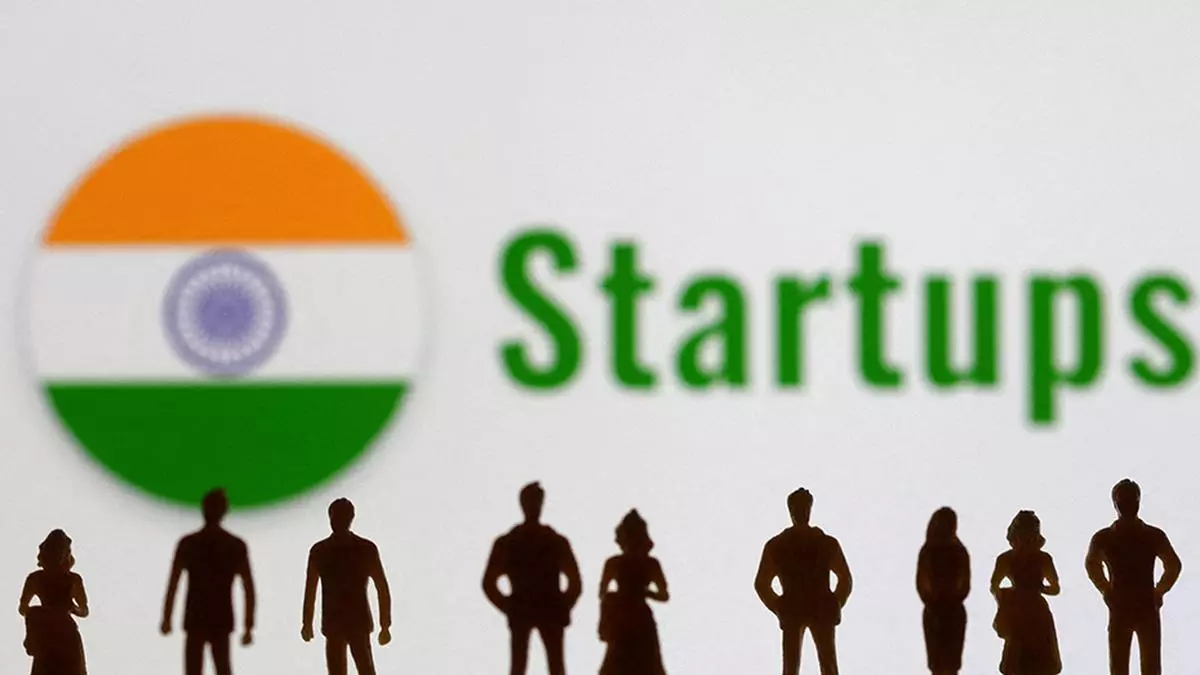Startups are eagerly preparing for a stock exchange listing, driven by a thawing financing winter, a shift toward profitability and growing investor interest. Compared to the US, where companies typically need at least $250-300 million in revenue to go public, India’s regulatory landscape is more flexible, requiring only $100 million. This relaxation allows start-ups to reach the public markets earlier in their growth.
For example, BHIVE, an office space provider, plans to raise around ₹800 crore through an initial public offering in the next financial year. Recent technology IPOs, including those of Zomato, Nykaa, Paytm and others, have demonstrated strong investor confidence in technology-driven companies, said BHIVE founder and CEO Shesh Rao Paplikar. “There is more money in the Indian market, multiples are good and there is a lot of respect for companies that make profits. After evaluating the dynamics, we felt that an IPO was the right choice for us,” he added.
Growth of local capital
A key trend underpinning India’s IPO wave is the rise in domestic savings, which has led to a stronger base of Indian investors. Traditionally, foreign institutional investors (FIIs) have played a central role in financing the Indian market, but current growth is increasingly supported by Indian capital. Startups in India have traditionally relied on venture capital in their later stages to fuel their expansion. Now, however, venture capitalists are more likely to back startups in their early stages or just before an IPO.
Abhishek Prasad, Managing Partner at Cornerstone Ventures, observed the IPO potential within the country’s startup ecosystem. “India has 117 unicorns and all of them need IPOs in the next three five years. This is a first for our market and an exciting time for the ecosystem,” he noted.
-
Also read: Swiggy IPO oversubscribed by 3.59x led by QIBs, employees
Digital adoption
As digital adoption continues to grow in India, technology companies are expected to capture greater market share and valuation. Commenting on this shift, Vikram Chachra, Founder, 8i Ventures, noted, “India’s gross domestic product (GDP) is rapidly digitizing, but that is not yet reflected in the market capitalization. Financial services reflect their GDP share in the m-cap, but internet companies represent only 2 percent of India’s market capitalization. That is absurdly low, and I expect it to correct to 10 percent, perhaps even 15 percent, as markets mature.”
Another unexpected effect of the recent funding winter is increased competition between venture capital firms and the IPO market. As venture capital firms approach the end of their fund cycle, they are under pressure to deliver returns to investors. IPOs – relatively rare for Indian startups in the past – have become an effective exit strategy.
-
Also read: Investors are warming up to D2C F&B startups as companies prepare for the funding round
According to Chachra, new-age companies are now going public with revenues as low as $50 to $70 million, and public market investors are rewarding fast-growing, profitable startups with valuations that often exceed those in private markets. “This trend is expected to continue as long as these small company IPOs maintain strong post-listing performance,” he added.
Shifting base
The positive sentiment in the public market has dozens of Indian startups that once opted to be based abroad now lining up to return home due to better IPO prospects.
Razorpay, Pine Labs, KreditBee Zepto, Eruditus and InMobi will return in the coming months in preparation for possible IPOs. Walmart-backed digital payments company PhonePe and online investment platform Groww have already come up with a reverse spin.
-
Also read: Zomato Shares Rise: Investor Hype or Pure Growth?
Redseer research predicts a significant spike in IPO-ready companies in FY28, fueled by an increased emphasis on profitability. In 2024, IPOs of Indian startups including Ola Electric and FirstCry raised $9.17 billion in the first nine months, almost doubling the $4.68 billion raised in the same period last year, according to LSEG data.
As the Indian IPO landscape continues to evolve, it will shape the next phase of growth for the startups, supported by robust domestic capital, favorable regulatory conditions and investor enthusiasm.











